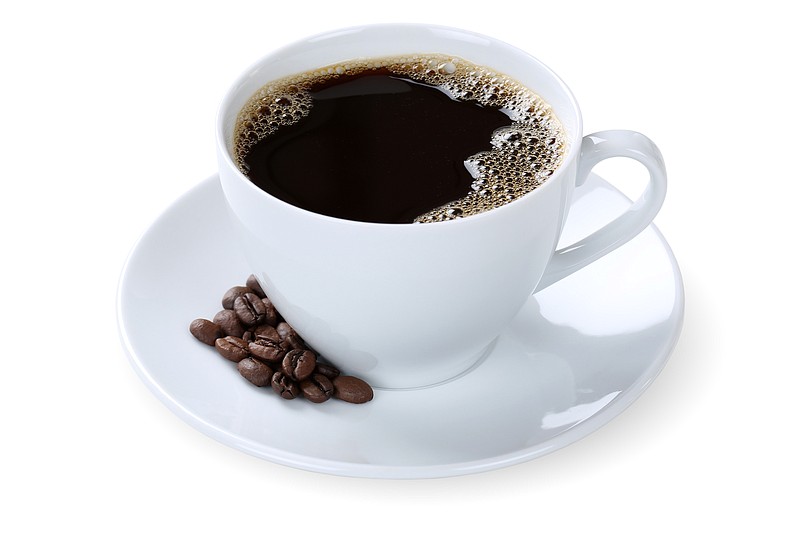Years ago, I interviewed Ricky Van Shelton, a country music star who had a string of gold and platinum records between 1987 and 1993. In 1987, he won Top New Male Vocalist from the Academy of Country Music; in 1989, he won Male Vocalist of the Year from the Country Music Association.
I asked him what the awards meant to him. How did they affect him personally?
"Well, they raise the price of your bookings."
And there you have it.
Not: "It's nice to be recognized by your peers." Not: "It makes you feel good to know that your music is reaching people."
Nope. It was: "I make more money."
Awards shows have always been self-congratulatory, a chance to shine a light on your industry, be it music, movies, TV, Broadway, etc. But let's not be naive. They're also a chance to advertise.
Movies that win Oscars inevitably get a bump in ticket sales after the ceremony.
Music artists get one, too, although winners of Grammys or CMAs are usually so popular already that the bump tends to be more of a blip. But there is an advertising push by the winners' record labels after the Grammys. (We won't bring up the American Music Awards, which are voted on by fans, making them a popularity contest, not an indication of merit.)
TV's Emmys will generate interest in a show but, once again, the winners are often hits before they win. And these days, with so many Emmy winners being on HBO or Showtime or other cable networks, some folks will never get to see the shows anyway.
The Tonys will jack up tickets sales for Broadway plays, but how many people ever go to Broadway plays with their $100-or-more ticket prices. What the Tonys do is generate interest in touring companies that head out in the hinterlands years later.
Certainly, awards shows will highlight some of the best in the particular field since the voters are usually members of that industry. But many of the voters rarely have seen all the movies with nominations, be it Best Picture or Best Actress or Best Sound Editing, so it can be a promotional contest. That's how the slight romantic comedy/drama "Shakespeare in Love" won Best Picture in 1999, beating out "Saving Private Ryan," the better choice. Producer Harvey Weinstein (insert yuck here) waged a huge behind-the-scenes blitz aimed at members of the Academy. It worked.
So when you watch awards ceremonies, whichever you're interested in, be aware that they're not always about quality.
Contact Shawn Ryan at mshawnryan@gmail.com.

